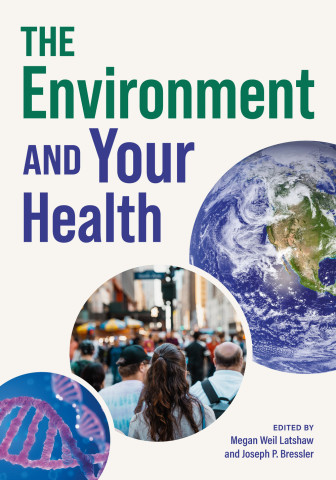
Reviews
A notable new entry into the scholarly field... This book will surely become one of the key texts in the growing field of health diplomacy studies: a position it rightly deserves.
Undoubtedly a significant addition to the literature of global health.
... The book serves as a strategic resource for researchers and practitioners within global health security, as well as for students and individuals with thematic interest in nontraditional security frameworks of the twenty-first century.
empirically rich and theoretically sophisticated account of the implementation of this reform process.
This book has presented a neat tapestry of disease diplomacy within the context of international norms and global health security. Its findings and recommendations are relevant to both academics and policy makers in this field.
A major contribution to the literature on global health, Disease Diplomacy also offers a significant extension of existing work on the process by which international norms influence state compliance. This book will speak to students and scholars of international relations who are interested in how new global norms emerge, spread, and are internalized by states, as well as to anyone interested in the World Health Organization and the new global health regime.
Book Details
List of Abbreviations
Acknowledgments
Introduction
1. Building Global Health Security
2. From Tipping Point to Cascade
3. H5N1 in Asia
4. Swine Flu
5. Post-H1N1
Conclusion
Notes
Works Cited
Index






